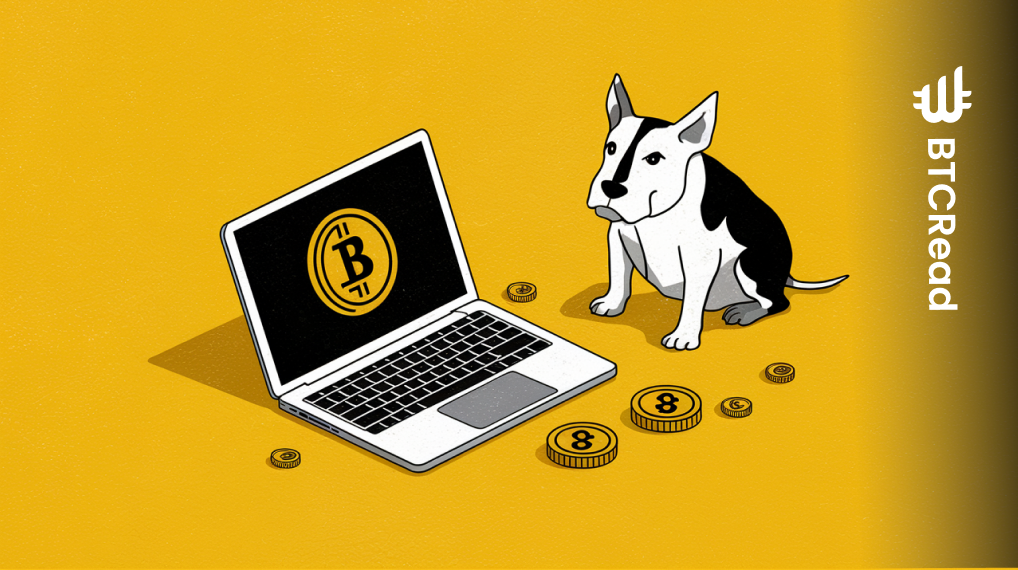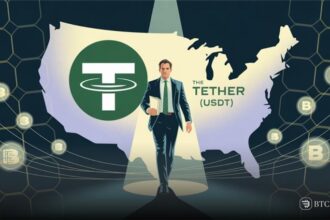Recently, two International Monetary Fund (IMF) officials proposed a global tax hike of up to 85% on the electricity costs of crypto mining, claiming that would cut carbon emissions considerably. The proposal comes as concerns grow over the environmental impact of power-hungry technologies like cryptocurrency and artificial intelligence.
Shafik Hebous and Nate Vernon-Lin, IMF analysts from the Fiscal Affairs Department, contended that a charge of $0.047 per kilowatt hour would compel the crypto mining industry to comply with the global climate targets.
With this tax, the crypto sector would have a chance to acquire an extra $5.2 billion of government taxes annually worldwide. Additionally, it would diminish yearly carbon emissions by 100 million tons.
The IMF blog post highlighted the staggering energy consumption of crypto mining, noting that a single Bitcoin transaction uses roughly the same amount of electricity as an average person in Ghana or Pakistan consumes in three years. Similarly, AI applications like ChatGPT queries require 10x more electricity than a Google search due to the power demands of data centers.
Crypto mining and data centers’ growing impact
According to IMF estimates, crypto mining and data centers collectively accounted for 2% of global electricity demand in 2022, with projections suggesting this could rise to 3.5% by 2025. This increase would equate to the current electricity consumption of Japan, the world’s fifth-largest electricity user.

The tax proposed is intended to convince companies to reduce emissions. For data centers, a tax rate of $0.032 per kilowatt hour lower than the theoretical maximum is envisioned. It will probably earn about $18 billion each year. Economists argue that these measures are necessary. This is because most data centres and crypto miners are receiving very lucrative tax exemptions and incentives.
IMF executives admit the proposed taxes may seem harsh, but they are the only way to mitigate the environmental problems raised by these technologies. They also propose additional measures, such as credits for zero-emissions agreements and renewable energy certificates. It might also promote the installation of renewable energy sources.
Related | MakerDAO considers restricting DAI minting against WBTC







